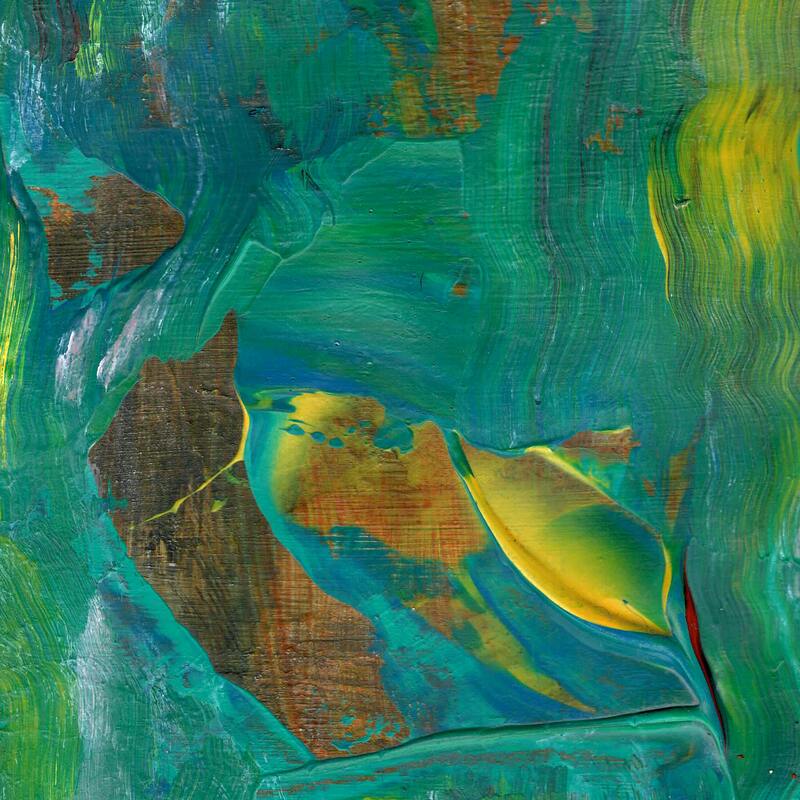Whiteheadian Existentialism
Farhan Shah and Jay McDaniel
Every person is unique; every person is self-creative; every person's 'essence' is partly the outcome of decisions he or she makes. As the existentialists put it, existence precedes essence. This philosophy is especially attractive in societies where persons are otherwise reduced to cogs in machines with destinies predetermined by social convention. And yet in its extreme form, this philosophy can also unwittingly highlight a late modern, western European form of individualism that neglects (1) the fact that persons are always, for good or ill, persons-in-community with others (whether oppressive or nurturing) and (2) the fact that, at best, communities can nurture a person's capacities for individual fulfillment and creativity. A Whiteheadian existentialism stresses these two facts. It does not so sharply separate individuality from community that we end up with the Cartesian idea of an "isolated ego" as a genuine possibility, emphasizing instead that human beings are always being-in-a-world and that the 'world' consists of communities of people and the more than human world. This kind of existentialism highlights still another idea, namely (3) that, even as we human beings are responsible for our lives and self-development, we are also responsible to others and to the natural world. For Whiteheadians, other human beings and the surrounding world are not mere objects for use, but rather subjects of their own lives deserving respect and care. They are with us and we with them. This "withness' is a feature of Whiteheadian existentialism. This means that as individuals, we ourselves are fulfilled, not by isolating ourselves from others but by giving ourselves to others, in loving and just ways. As they are nurtured, we are nurtured. This giving is itself part of how we create ourselves. Underlying this idea is still another, namely (4) that we live in a universe that is encompassed by a divine horizons that is itself loving, namely God. We can create ourselves and affirm our relational autonomy in ways that are empowered by One in whose awareness we live and move and have our being. In short, a Whiteheadian existentialism affirms the idea that existence precedes essence but places it in a communitarian, ecological, and theological context that, to our mind, makes existentialism itself deeper, richer, and more ethically responsive to the needs of our times. In short:
- Whiteheadian existentialism is critical of the western, modernist overtones, over-emphasizing individuality as a self-enclosed entity. The latter liability can be corrected by emphasizing that a human being, who is always being-in-the-world, is person-in- community, and that community, at its best, can and should be life-nourishing. At its worst, it is rule-based and hierarchal. Either way, There can be no "person" without "community": being-in-the-world is being-in-community and community is part of the “being” of the person in the world. Mitsein, in Heidegger`s language.
- Whiteheadian existentialism is not simply anthropologically attuned to the dynamics of human life, but also cosmological and ecological in its orientation. Not only human beings, but also other creatures and the universe itself actualize potentialities. They, too, have creativity of their own; they, too, are world-makers of their own.
- In Whiteheadian existentialist theology, God is not, as with the existentialist theology of Paul Tillich, “being-itself”. The latter view would suggest that every instance of being-in-the-world, including that of Hitler and Jesus, are really the being of God. A Whiteheadian notion of God is dipolar. That is, the primordial pole of God is being-beyond-the-world and the consequent pole is being-in-the-world. Being-itself is the self-determining activity of each actuality, God`s included. The one is being-beyond-the-world (the primordial pole), which is absolute, unchanging and perfect . On the other hand, there is God`s being-in-the-world (the consequent pole) which is the concrete actuality of God. God`s being-beyond-the-world includes those abstract attributes of God which characterize the divine existence at every moment. This side of God is non-temporal. It prehends all the most abstract potentialities the universe can actualize. It knows them. That is, to affirm that God is omniscient denotes that in every moment of divine life, God knows everything that is knowable at that point of time. The being-in-the-world of God is temporal and dynamic. In each moment of God`s existence there are novel and unforeseen situations in the world which only then have become knowable. That is, God`s omniscience is always temporal and relational. Moreover, since the very meaning of actuality involves internal relatedness, God`s being-in-the-world is essentially related to the world.
- Whiteheadian existentialism, contrary to Heidegger`s notion of Dasein as being-towards death, pictures human existence as a sequence of moments. For Whitehead, we who live are dying constantly. The meaning of our existence should be forged in the teeth of the more fundamental fact of perpetual perishing. Put differently, Whiteheadian existentialism does not affirm the view of the isolated and single entity from birth to death. We exist first in communities, in an inter-subjective context, and establish relative independence within it.
- Whiteheadian existentialism – unlike the earlier forms of existentialism in which nature could be only the world that being was in – recognizes that non-human actualities such as animals, amoebae and even electrons are best conceived as instances of being-in-the-world. This ecological view places human existence in a rather different context of understanding.

